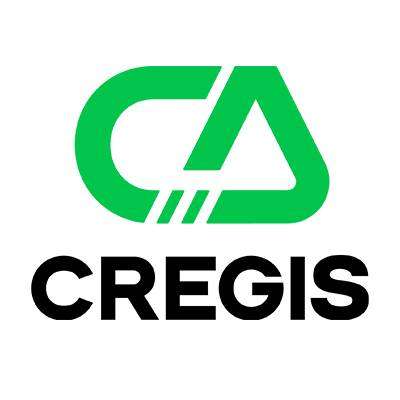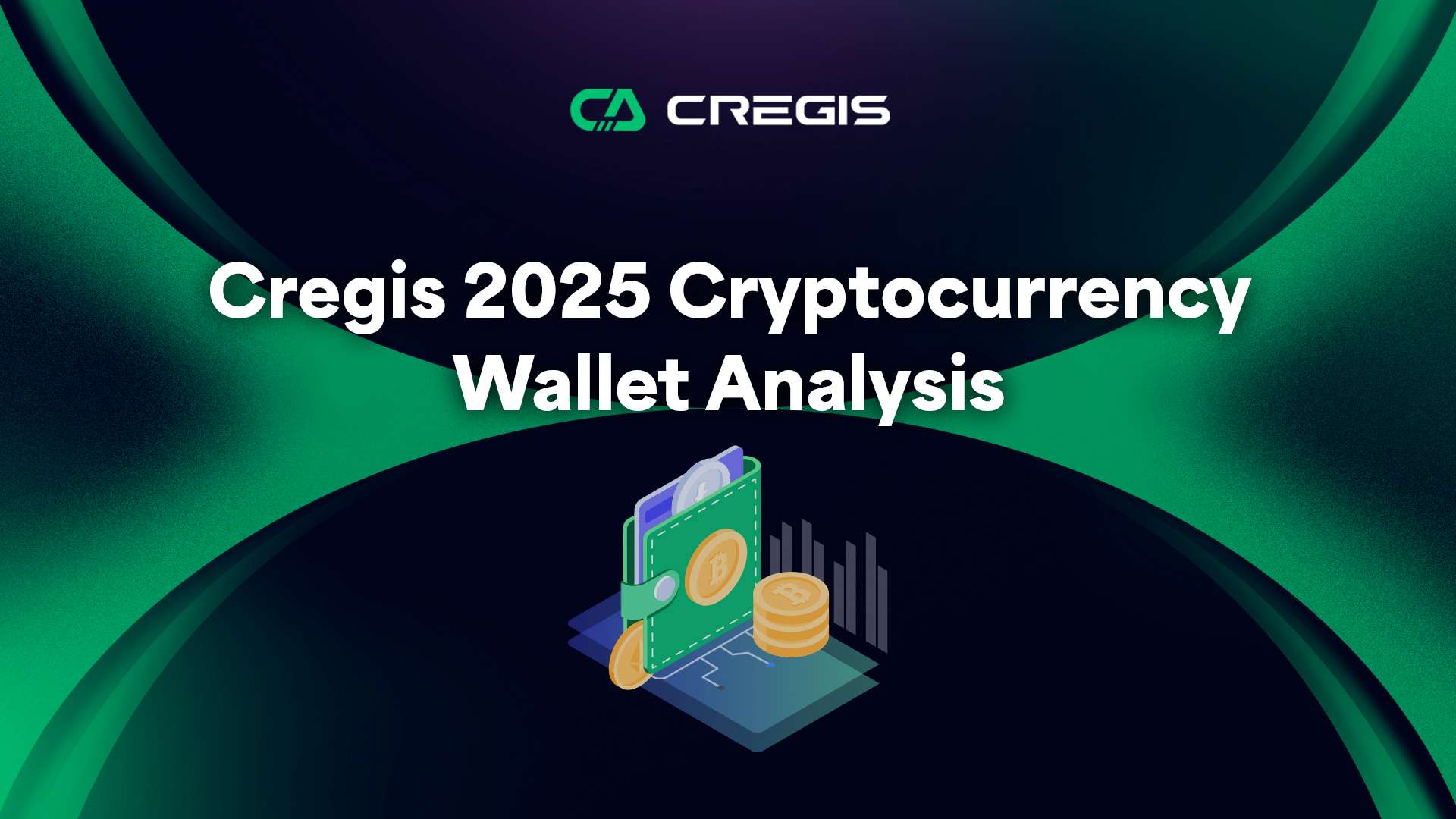Blockchain technology has made digital currency transactions increasingly accessible. However, as the number of crypto traders has gone up, so have the rates of theft and fraud related to cryptocurrencies. That’s why it’s important to understand how crypto works, how it's stored, and what to look for in a crypto wallet — whether it’s digital or physical.
What to know about crypto wallets
- Crypto wallets are necessary to hold cryptocurrencies. They come in two versions: hot, which is available as software or web-based apps, and cold, most of which are physical devices.
- The best hot wallets are highly secure and easy to use on desktop and mobile devices, whereas the best cold wallets should be of a convenient size and competitively priced.
- Traders who are serious about crypto should opt for a non-custodial crypto wallet, which means you will have direct access to your crypto — and unfettered ownership thereof.
- Many crypto wallets allow you to swap assets within their app or device by connecting to a crypto exchange.
Best Crypto Wallets for 2025
As cryptocurrency adoption continues to grow, so does the demand for secure and versatile wallets to store and manage digital assets. Whether you’re a casual trader, an NFT enthusiast, or an enterprise managing millions in crypto, choosing the right wallet is critical.
In this guide, we’ll introduce the Best Crypto Wallets for 2025 across different categories, covering mobile wallets, Web3 wallets, hardware wallets, and enterprise solutions. We’ll also explain why Cregis stands out as the Best Overall Wallet, thanks to its unmatched versatility and security for individuals, small businesses, and large enterprises alike.
Best Crypto Wallets for 2025
Here are the top wallets for 2025, categorized by their strengths and use cases:
1. Cregis — Best Overall Wallet
Cregis is the top pick for 2025, offering unmatched security and versatility as an all-in-one digital asset solution. Cregis combines advanced MPC technology with features like multi-chain support, multi-signature workflow, and WaaS APIs, making it not only suitable for individuals but also for small businesses and enterprises.
Key Features:
- Unmatched Security: Multi-level security based on MPC technology ensures private keys are never reconstructed, reducing theft risks. Making it perfect for asset safekeeping.
- Unified Asset Management: supports 40+ networks and 80+ major tokens natively, enabling seamless management of diverse portfolios. Its self-service listing feature allows users to easily add new assets, making it highly adaptable for evolving needs.
- Scalability: Supports unlimited address derivation, ideal for growing platforms or businesses, with manual or automated workflows via WaaS APIs.
- Versatility: Cregis is more than just a wallet — it’s a complete ecosystem that caters to every type of user.
- Team Collaboration: Multi-user access and configurable workflows.
- WaaS Integration: Embed wallets into apps with APIs.
- Ecosystem Components: Crypto Off-Ramp, Payment Gateway, and TronGas Station.
From corporate treasuries managing millions to individuals trading on decentralized exchanges, Cregis adapts to every workflow and use case.
2. Trust Wallet — Best Mobile Crypto Wallet
Trust Wallet is the go-to choice for crypto users who prefer managing their assets on mobile devices. It’s known for its intuitive interface, extensive coin support, and native NFT viewing capabilities.
Key Features:
- Mobile-Friendly: Designed for mobile devices, with a clean and simple interface.
- Wide Asset Support: Supports one of the largest numbers of coins and chains, including Ethereum, BNB Chain, and NFTs.
- In-App Token Swaps: Allows users to swap assets directly within the wallet.
Why We Chose It: Trust Wallet is ideal for casual traders and NFT enthusiasts who want a secure and easy-to-use mobile wallet.
3. MetaMask — Best Web3 Wallet
MetaMask has become the standard Web3 wallet for interacting with decentralized applications (dApps) and NFT marketplaces. It’s highly customizable and integrates seamlessly with thousands of DeFi platforms.
Key Features:
- Web3 Integration: Works seamlessly with nearly every dApp and NFT marketplace.
- Customizable Transactions: Built-in token tracking, gas fee settings, and slippage controls.
- Frequent Updates: Regular security patches and feature enhancements.
Why We Chose It: MetaMask is perfect for users who are heavily involved in Web3, DeFi, or NFT trading.
4. Ledger Flex — Best Hardware Wallet
Ledger Nano Flex is the latest hardware wallet from Ledger, offering cutting-edge security and usability enhancements. With its compact design and advanced tamper-proof chip, it’s ideal for long-term holders and high-value investors.
Key Features:
- E Ink® Display: Improved readability for reviewing and signing transactions.
- Secure Chip: CC EAL6+ certification for tamper-proof private key storage.
- Extensive Coin Support: Manages over 5,500 coins and tokens.
Why We Chose It: Ledger Nano Flex combines hardware-level security with modern usability features, making it the best choice for cold storage.
5. Fireblocks — Best Enterprise Wallet
Fireblocks is the leading wallet for enterprises managing crypto at scale. Its secure MPC wallet infrastructure and automated transaction workflows are trusted by institutions, funds, and exchanges worldwide.
Key Features:
- Enterprise-Grade Security: MPC technology ensures private keys remain secure at all times.
- Automated Workflows: Streamlined transaction approvals and policy enforcement for efficient operations.
- Regulatory Compliance: Built-in tools for KYC/AML integration and audit trails.
- Multi-Network Support: Supports Bitcoin, Ethereum, Solana, and other major blockchain protocols.
Why We Chose It: Fireblocks is the top choice for enterprises managing large volumes of digital assets securely and efficiently.
What you need to know about crypto wallets
Despite the name, cryptocurrency wallets (or simply crypto wallets) don’t actually store cryptocurrency. What they hold are the digital codes known as “keys” that grant access to your crypto on the blockchain, a type of ledger that functions as an online record of transactions.
When someone sends you cryptocurrency, they’re not transferring physical or digital coins to your wallet. Instead, they’re updating the blockchain to show that the ownership of a certain amount of crypto or of a tokenized asset has been assigned to your wallet’s address.
To find your address on a blockchain, your wallet relies on two key pieces of information:
- A public key, which is a string of letters and numbers automatically generated by the crypto wallet provider. For example, a public key could look like this: B1fpARq39i7L822ywJ55xgV614.
- A private key, which is another string of numbers and letters, but one that only the owner of the wallet should know.
It helps to think of crypto wallets as email accounts rather than containers for holding coins. To receive an email, you need to provide others with your email address. The equivalent of this would be your public key. However, you would never give someone the password to access your email account. For crypto wallets, that password is your private key, which under no circumstances should you ever share with another person.
Together, these keys allow you to send and receive crypto without compromising the integrity of the transaction. The public key is visible to others, while the private key proves your ownership. Once both are verified, the balance in your crypto wallet increases or decreases accordingly.
In short, a crypto wallet is your gateway to the blockchain — it identifies you, stores your access credentials and keeps your digital assets safe.
The Role of MPC Wallets
Modern wallets like those built on Multi-Party Computation (MPC) technology offer enhanced security and usability compared to traditional wallets.
What Makes MPC Wallets Unique?
- No Single Point of Failure:Unlike traditional wallets, MPC wallets split the private key into multiple encrypted “key shares,” distributed across different parties or devices.No single party ever reconstructs the full private key, minimizing risks of theft or compromise.
- Enhanced Security Protocols (e.g., GG18):Protocols like GG18 allow secure signing of transactions without ever revealing or reconstructing the private key.This ensures that even if one party’s device is compromised, the attacker cannot access the full private key or funds.
- Flexible Recovery Options:MPC wallets often include robust recovery mechanisms, enabling users to regain access to their funds even if one party loses their key share.
- Team Collaboration:Ideal for businesses or multi-user setups, MPC wallets allow role-based access and require multiple approvals for transactions, ensuring operational security.
- Streamlined User Experience:Despite their advanced cryptographic design, MPC wallets are designed to be user-friendly, offering the same ease of use as traditional wallets while delivering enterprise-grade security.
In conclusion, while traditional wallets rely on a single private key for access, MPC wallets revolutionize security by eliminating single points of failure and enabling collaborative workflows. Whether you’re an individual user or part of a business, MPC wallets offer the highest level of protection for your digital assets.
What to look for in a crypto wallet
When looking for the best cryptocurrency wallet, it’s very important to first ask yourself:
- How often do I trade? Are you going to buy and hold crypto indefinitely — HODL (“Hold on for Dear Life”), as crypto investors affectionately refer to this practice — or will you be trading frequently? Hot wallets are better for active traders due to their speed and practicality, while cold storage is recommended for holding your crypto in the long-term.
- What do I want to trade? Are you looking to buy and store bitcoin, or are you interested in different types of cryptocurrency, like altcoins and stablecoins? The crypto wallet you pick should support the currencies you wish to trade and will ideally accommodate any other coins you may want to trade in the future.
- How much am I willing to spend? Are you planning on accumulating large amounts of crypto? Hardware wallets are ideal for this, but unlike hot wallets (most of which are free), they require an upfront payment to own the wallet itself. Some hot wallets have higher crypto trading fees but offer faster transactions or greater functionality.
- What do I need in a wallet? Do you plan on doing anything specific with crypto beyond buying, selling or trading it? For example, traders who want to make passive income with their crypto can look for wallets that allow crypto lending or staking.
How we chose our top picks
We selected these wallets based on thorough analysis of security features, user experience, asset support, and functionality. Our recommendations consider the diverse needs of crypto users, from beginners to enterprises, ensuring each wallet excels in its specific category.
About Cregis
Founded in 2017, Cregis is a global leader in enterprise-grade digital asset infrastructure, providing secure, scalable and efficient management solutions for institutional clients.
Built to solve the challenges of fragmented blockchain systems and asset security risks, Cregis delivers MPC-based self-custody wallets, WaaS solutions, and Payment Engine, featuring collaborative asset control and a compliance-ready ecosystem.
To date, Cregis has served over 3,500 institutional clients globally. Our solutions empower exchanges, fintech platforms, and Web3 enterprises to adopt blockchain technology with confidence. Backed by years of proven expertise in blockchain and security, Cregis helps businesses accelerate their Web3 transformation and unlock global digital asset opportunities.

